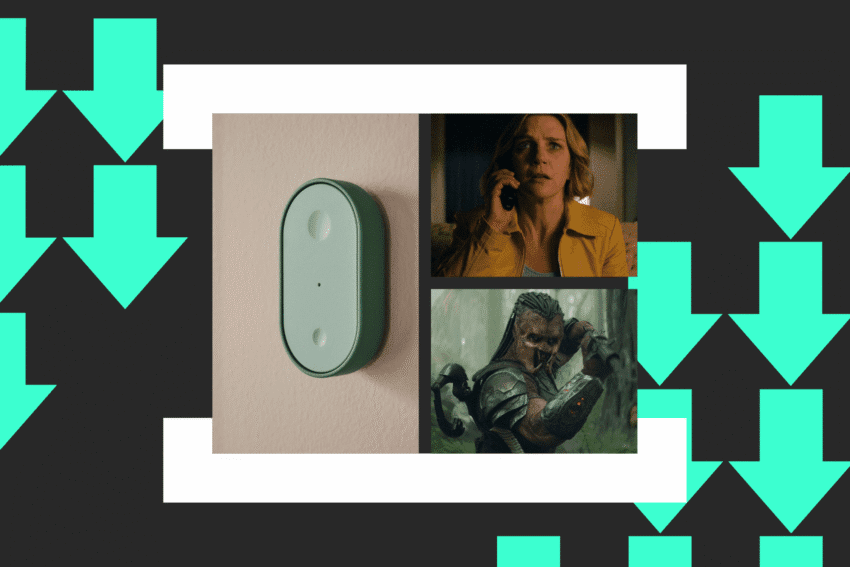
ikea just took over your smart home Ikea has made significant strides in the smart home market, positioning itself as a key player in the integration of home automation technologies.
ikea just took over your smart home
Ikea’s Smart Home Strategy
In recent years, Ikea has expanded its product offerings to include a range of smart home devices, aiming to simplify and enhance the user experience. The company’s approach is characterized by affordability, accessibility, and ease of use, making smart home technology available to a broader audience. This strategy aligns with Ikea’s long-standing commitment to providing functional and stylish home solutions.
Product Offerings
Ikea’s smart home product line includes a variety of devices designed to work seamlessly together. Key products include:
- Smart Lighting: The TRÅDFRI series allows users to control lighting through a smartphone app or voice commands, offering features such as dimming and color temperature adjustments.
- Smart Blinds: The FYRTUR and KADRILJ smart blinds can be controlled remotely, providing convenience and energy efficiency.
- Smart Speakers: The SYMFONISK range, developed in collaboration with Sonos, integrates sound systems with smart home capabilities.
- Smart Plugs: The TRÅDFRI smart plug enables users to control non-smart devices through the Ikea app, making it easier to manage energy consumption.
These products not only enhance the functionality of a home but also contribute to a more sustainable lifestyle by promoting energy efficiency.
Integration with Other Platforms
One of the standout features of Ikea’s smart home ecosystem is its compatibility with other major smart home platforms. The TRÅDFRI gateway, for example, can connect with Google Assistant, Amazon Alexa, and Apple HomeKit. This interoperability allows users to integrate Ikea products with existing smart home systems, providing a cohesive experience.
By ensuring compatibility with widely used platforms, Ikea has positioned itself as a versatile option for consumers who may already have invested in smart home technology. This strategy not only enhances user satisfaction but also encourages brand loyalty.
Market Impact and Consumer Reception
The introduction of Ikea’s smart home products has had a noticeable impact on the market. As consumers increasingly seek affordable and user-friendly smart home solutions, Ikea’s offerings have resonated well. According to industry analysts, the company’s entry into this space has prompted other retailers to reconsider their strategies, leading to a more competitive landscape.
Affordability and Accessibility
Ikea’s commitment to affordability is a significant factor in its success. Many consumers are deterred by the high costs associated with smart home technology. By offering competitively priced products, Ikea has made it possible for a wider demographic to adopt smart home solutions. This democratization of technology aligns with the company’s ethos of providing functional and stylish products for everyday living.
Furthermore, Ikea’s user-friendly design and straightforward installation processes have contributed to positive consumer reception. Many users appreciate the ease with which they can set up and integrate Ikea’s smart devices into their homes. This accessibility is crucial in attracting consumers who may be hesitant to invest in more complex smart home systems.
Consumer Feedback
Customer feedback on Ikea’s smart home products has generally been positive. Users frequently highlight the intuitive nature of the Ikea Home smart app, which serves as a central hub for managing devices. The app’s user-friendly interface allows for easy navigation and control, making it accessible even for those who may not be tech-savvy.
However, some consumers have reported challenges with connectivity and reliability, particularly with the TRÅDFRI gateway. While these issues are not universal, they highlight the importance of ongoing product development and customer support. Ikea has acknowledged these concerns and is actively working to improve the performance and reliability of its smart home devices.
Future Prospects and Innovations
As Ikea continues to expand its smart home offerings, several trends and innovations are likely to shape its future direction. The company is well-positioned to capitalize on the growing demand for smart home technology, particularly as consumers become more environmentally conscious and seek sustainable solutions.
Sustainability Initiatives
Ikea has long been committed to sustainability, and this ethos extends to its smart home products. Many of the devices are designed with energy efficiency in mind, helping consumers reduce their carbon footprint. For example, smart lighting solutions can be programmed to turn off when not in use, and smart blinds can be adjusted to optimize natural light, reducing reliance on artificial lighting.
In addition to energy efficiency, Ikea is exploring the use of sustainable materials in its product designs. As consumers increasingly prioritize eco-friendly options, Ikea’s commitment to sustainability may enhance its appeal in the smart home market.
Potential Collaborations and Partnerships
Looking ahead, Ikea may explore collaborations with technology companies to further enhance its smart home offerings. Partnerships with established tech firms could lead to innovative products that leverage advanced technologies such as artificial intelligence and machine learning. These collaborations could enable Ikea to provide even more personalized and efficient smart home solutions.
Moreover, as the Internet of Things (IoT) continues to evolve, Ikea has the opportunity to integrate its products with emerging technologies, such as smart appliances and home security systems. This integration could create a more comprehensive smart home ecosystem, further solidifying Ikea’s position in the market.
Conclusion
Ikea’s foray into the smart home market represents a significant development in the landscape of home automation. By offering affordable, user-friendly products that integrate seamlessly with existing smart home systems, Ikea has positioned itself as a key player in this rapidly evolving sector. The company’s commitment to sustainability and accessibility resonates with consumers, making smart home technology more attainable for a wider audience.
As Ikea continues to innovate and expand its product offerings, the future looks promising for both the company and its customers. With a focus on enhancing user experience and addressing consumer feedback, Ikea is poised to play a pivotal role in shaping the future of smart homes.
Source: Original report
Was this helpful?
Last Modified: November 10, 2025 at 6:38 am
3 views














